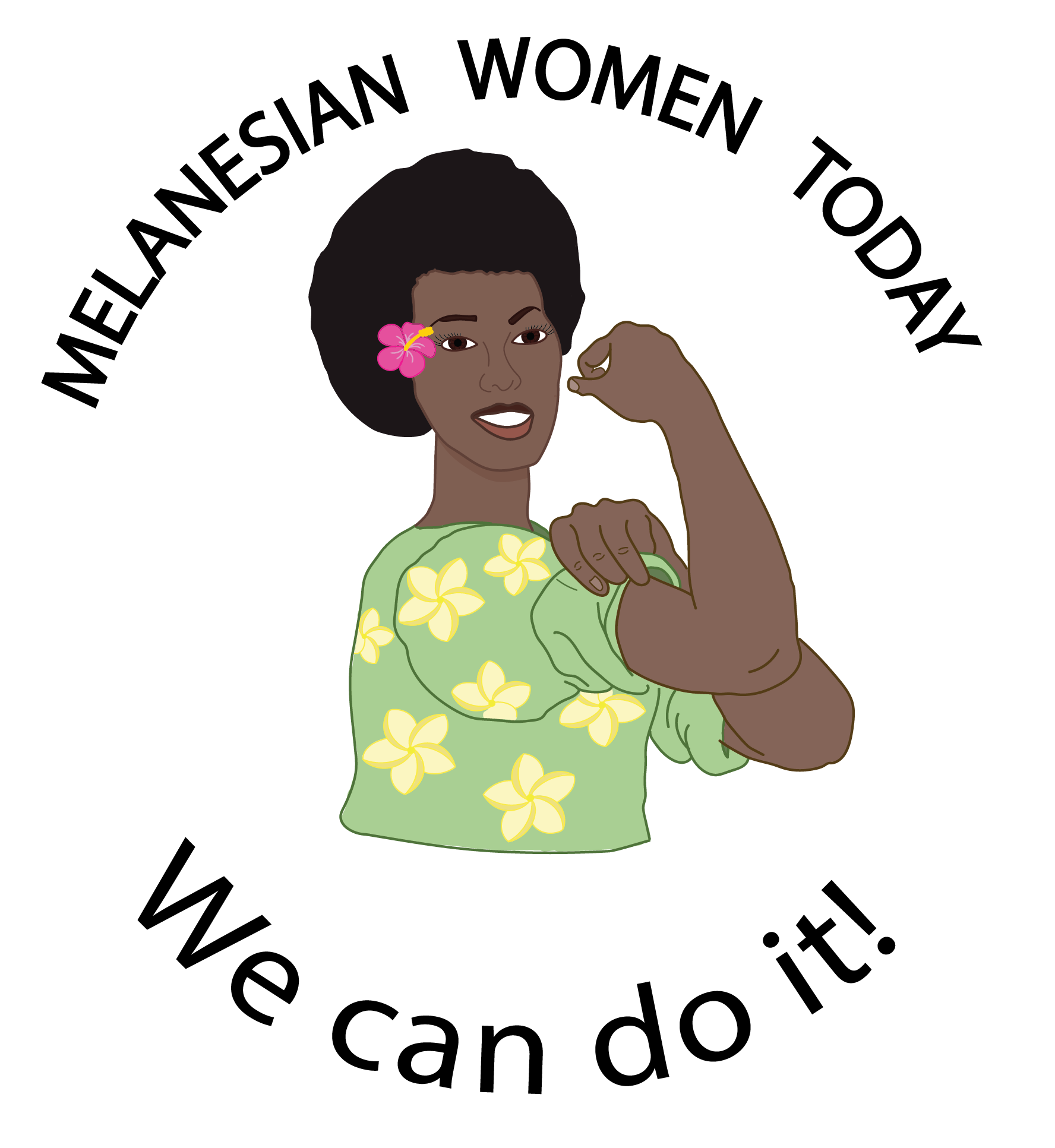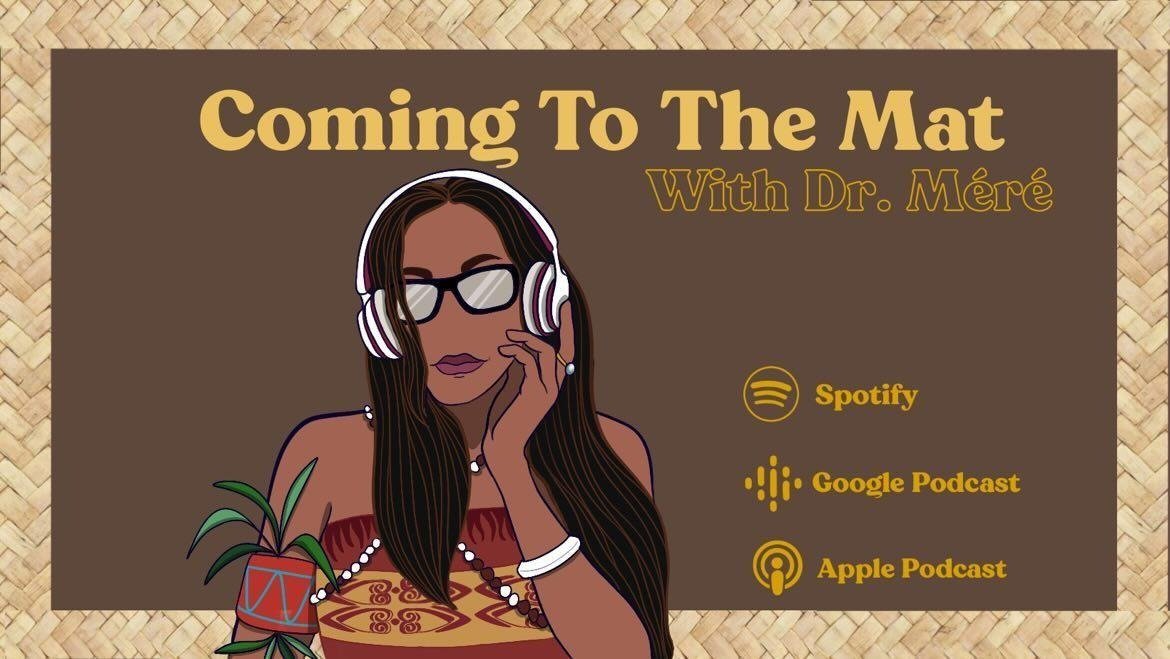Welcome to another captivating episode of "Coming to the Mat" with your host, Dr. Mere Tari Sovick! In this episode, we have the honor of welcoming Ralph Regenvanu, a prominent advocate from Vanuatu, as our special guest. Ralph is a remarkable individual with diverse talents and passions, transcending the realm of politics through his roles as an esteemed artist and anthropologist. His unwavering advocacy for cultural preservation has earned him a global platform, where he actively shapes discussions on diversity.
Ralph's journey has been shaped by a deep understanding of the challenges faced by Vanuatu and its neighboring countries. With his expertise in anthropology and development studies, he has dedicated his life to unraveling the intricate connections between culture, tradition, and progress. Being the first Ni-Vanuatu anthropologist, Ralph brings invaluable insights into the diverse dynamics of the region, particularly within Vanuatu.
During his recent visit to Seattle, Washington, Dr. Mere Tari Sovick had the privilege of interviewing Ralph before his return to Vanuatu. The aim was to gain valuable insights from him on pressing issues that not only impact Vanuatu but also the entire Pacific region. These issues include climate change, economic development, and political sovereignty.
In their conversation, Dr. Mere Tari Sovick and Ralph delved into various aspects of Ralph's life. They explored the profound influence of his parents' involvement in Vanuatu's anti-colonial independence movement during his upbringing in the 1970s. They also discussed the significant role played by Melanesian traditional values in shaping Vanuatu's development. Ralph's journey as a renaissance individual was highlighted, covering his work as an anthropologist, Director of the Cultural Centre, lawyer, and his current position as the Minister of Climate Change, Adaptation, Meteorology and Geohazards, Energy, Environment, and Disaster Risk Management for Vanuatu.
The focus of their conversation centered around the urgent challenge of climate change and its impact on Vanuatu and the wider Pacific region. Ralph provided profound insights into the steps needed to address this pressing issue, emphasizing the importance of sustainable resource management and inclusive growth for the benefit of all members of society. Furthermore, Ralph shared his views on strategies to assert political sovereignty and autonomy for Vanuatu and other Pacific nations, highlighting the current geopolitical dynamics in the region and the need for political reform.
The conversation also explored the critical role of traditional knowledge and practices in preserving the environment and promoting indigenous sustainable development. Ralph emphasized the integration of traditional resource management approaches with modern methods, finding ways to harmonize them for the benefit of communities in Vanuatu. They also discussed the importance of including women in decision-making processes related to biodiversity and traditional resources, particularly within the four legs of the community, as Ralph referred to it.
Moreover, the significance of international cooperation and collaboration in addressing the challenges faced by Vanuatu and the wider Pacific region was highlighted. Ralph shed light on the power of partnerships and collective action in realms such as climate change and economic development. Despite contributing a minuscule amount to global greenhouse gas emissions, small Pacific island nations like Vanuatu are actively working to safeguard their economies and protect future generations from the impacts of climate change. However, challenges exist in receiving promised development assistance from wealthier countries, leading Vanuatu to explore new alliances with countries like China and India.
Additionally, the Government of Vanuatu led a year-long campaign resulting in a historic decision at the UN General Assembly. The Assembly unanimously requested the International Court of Justice (ICJ) to issue an Advisory Opinion on the legal obligations regarding climate change. This decision signifies Vanuatu's determination to seek justice and find legal avenues to address the impacts of climate change.
Want to join MWT as a member? Members get ad free episodes of this podcast and more. Head over to https://www.melanesianwomentoday.org/member to learn more and join. This podcast is 100% member supported. This work cannot be done without you, our members. Thanks for considering purchasing a membership today.

